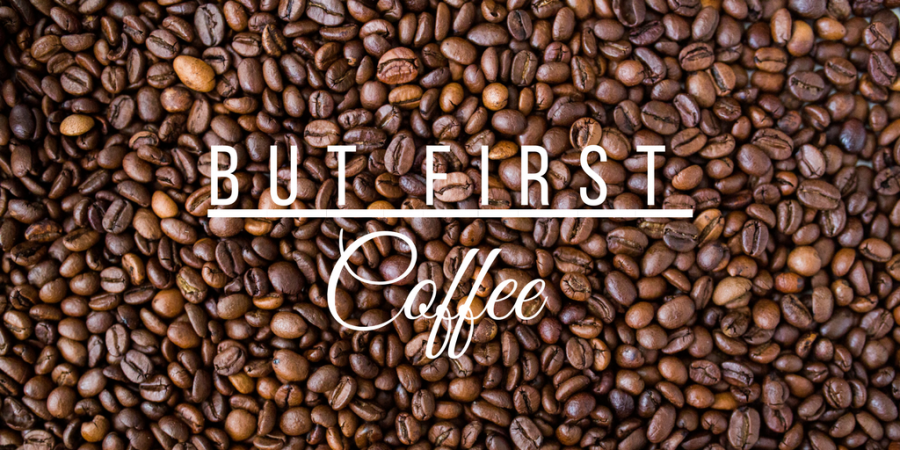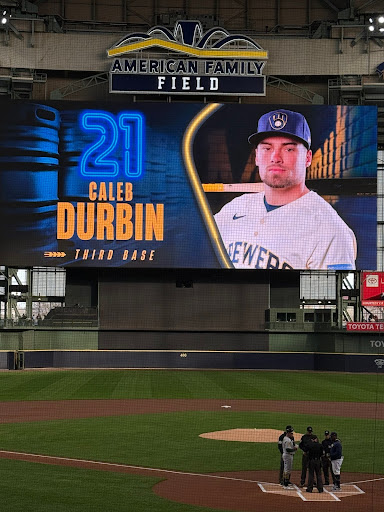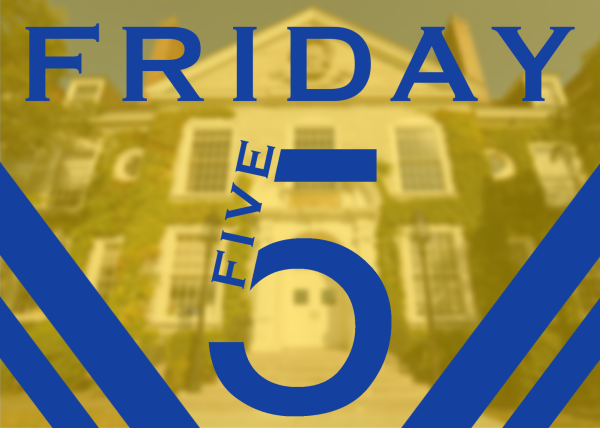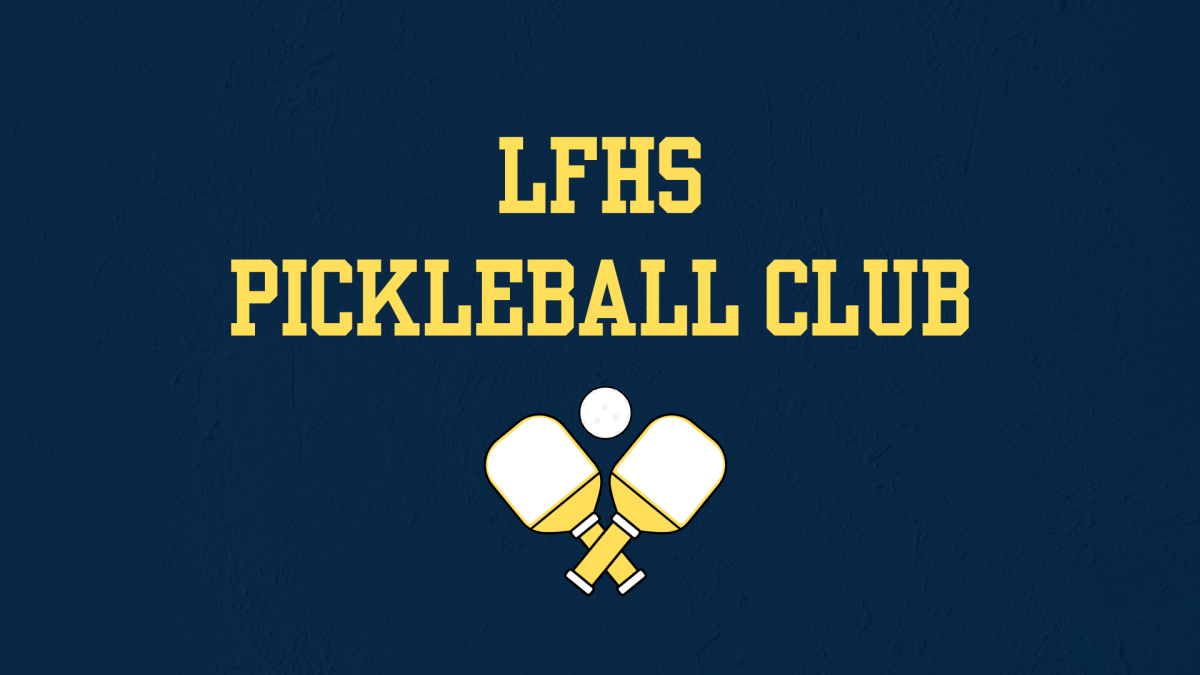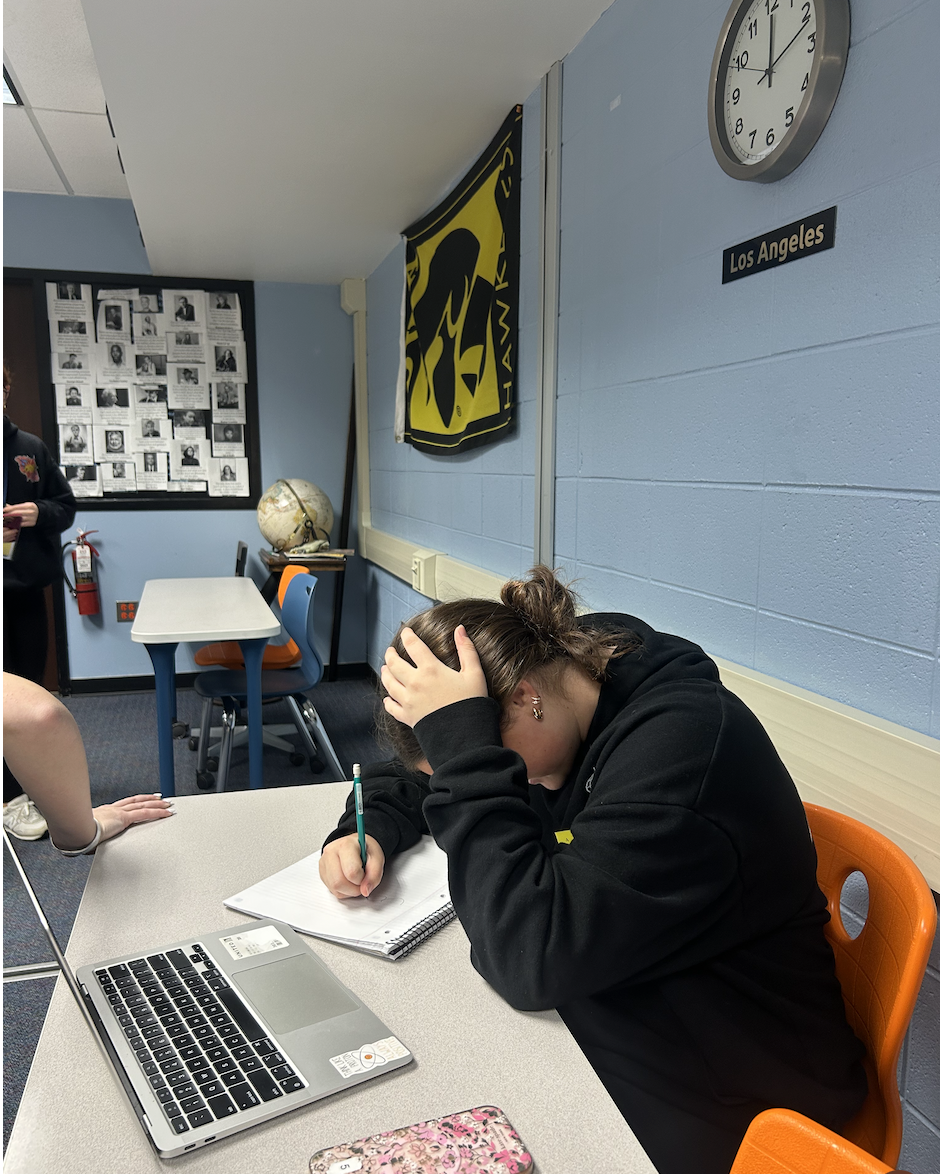Almost every coffee drinker relishes the appeal of the caffeine rush that each valuable cup provides every morning. Some claim that they feel unable to function without their daily dose. So, why exactly do we depend so heavily on coffee and what does caffeine do to our brains every time we consume it?
Everybody’s brains accumulate a chemical called adenosine while you are awake. Adenosine attaches to brain receptors, slows down your brain activity, and ultimately makes you feel increasingly tired throughout the day. Essentially, the more adenosine you have in your brain, the less energy you’ll have.
Caffeine has a near identical chemical structure to that of adenosine. This means that when you consume your coffee, caffeine acts as a stimulant and fights the adenosine until they combine. As long as that caffeine remains in the receptors, adenosine cannot enter; this helps maintain high energy and feelings of alertness.
As the caffeine wears off throughout the day, it leaves you feeling increasingly tired, inducing you to reach for that second or third cup o’ joe.
However, as caffeine occupies receptors, more adenosine receptors are created. This means that you will need to consume more coffee in order to reach that same level of alertness. In simpler terms, you could say that your caffeine tolerance may increase. If you try to stop drinking coffee you may experience withdrawal symptoms such as headaches or stomach aches, leading you to feel more tired than usual due to the extra adenosine receptors that your caffeine intake doesn’t fulfill.
Caffeine also releases the fight or flight hormone: adrenaline. This is why when you drink your venti cup of Starbucks coffee with two extra shots of espresso, your heart rate skyrockets, your blood flow increases, and your airways expand, rapidly increasing your breathing.
Finally, dopamine levels are prevented from being reabsorbed back into your brain, maintaining that extra rush of happiness after your daily dose. his dopamine cycle is why coffee is so addictive. These similar effects can be experienced in drugs such as cocaine, but to a much lesser degree. After all, caffeine is a drug!
Just something to think about next time you’re headed to The Grind.

